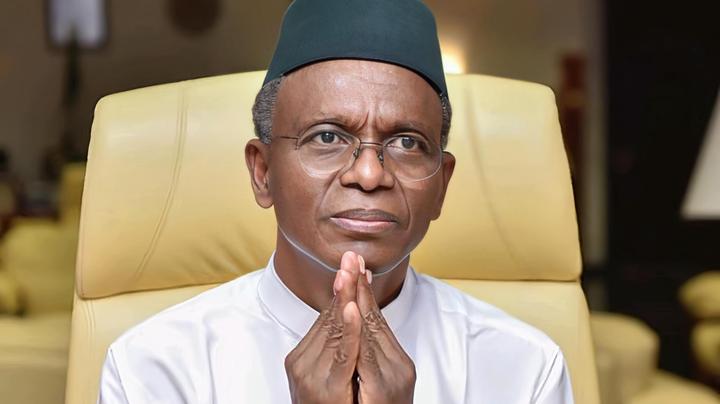Former Kaduna State Governor Mallam Nasir El-Rufai has shared how the late Chief Audu Ogbeh successfully convinced him to spare a Catholic church in Asokoro from demolition during his tenure as Federal Capital Territory (FCT) Minister.
Speaking in a recent interview with Symfoni TV from 7:58, El-Rufai explained that the church had been marked for demolition as part of his campaign to restore Abuja’s master plan. “We had marked all illegal buildings for demolition. One of them was a Catholic church in Asokoro,” El-Rufai said. He explained that the church was built on a residential plot donated to the Catholic community but was “wrongly located in a junction, a traffic nightmare to people.”
El-Rufai, who described himself as “an equal opportunity demolisher” during his time as FCT Minister, initially stood firm on his decision. “I didn’t care what it was. If it violated the master plan, it had to go,” he stated.
According to El-Rufai, senior Catholic officials in Abuja first approached him to plead for the church, but their initial efforts proved unsuccessful. The former minister told them: “Look, I’m here to restore the Abuja master plan. I’ve heard you, but you know the problem. This church blocks traffic every Sunday. It inconveniences residents. My job is to remove that inconvenience.”
However, the situation changed when the Catholic delegation returned with Chief Audu Ogbeh, the late politician and former Minister of Agriculture. “The next time they came back, they came back with Chief Audu,” El-Rufai recalled.
Unlike the previous delegation, Ogbeh acknowledged the validity of El-Rufai’s position but offered a different perspective. According to El-Rufai, Ogbeh said: “Look, you are right. This building inconveniences people once a week. Is that inconvenience not worth praying to God for Abuja, for Nigeria, for humanity?”
He noted that the late Chief argument proved persuasive and he agreed not to demolish the church building.
The former governor was clear about why the church survived: “That building was spared because of him. And I want to say here now, anybody that thought that that building survived for any other reason, it did not. It was because of Chief Audu Ogbeh.” See, More, Here>>>>
Explore More News By Using The Button Above

